There are some who view the health service as a black hole, a place where good money goes to die.
Soaring spending on major projects like the new National Paediatric Hospital may help fuel that perception.
During the year, Minister for Health Simon Harris was under pressure from opposition politicians over what he knew, and when he knew, about the scale of the new hospital overrun.
Currently, the whole project is costed at over €1.7bn - which converts into quite a lot of Oireachtas Komori printers.
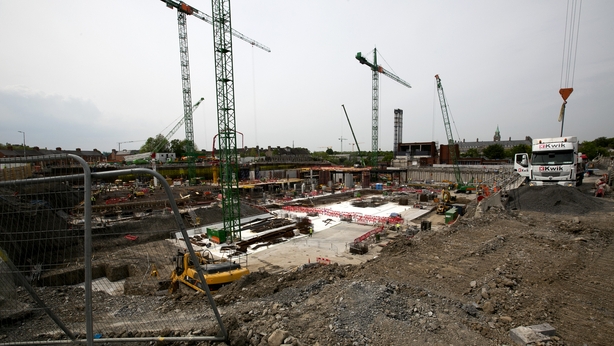
Despite the health service receiving over €16 billion in day-to-day funding this year, serious problems remain with access, with long waiting lists and continued overcrowding, although some inpatient and day case lists have been reducing.
In 2019, as the French proverb goes, it was a case of the more things change, the more they stay the same.
In health, there were familiar themes during the year - regular hospital overcrowding, continued fall-out from the CervicalCheck crisis and no absolute guarantees about the final cost of the new National Paediatric Hospital.
October witnessed a significant moment when the Taoiseach delivered a State apology for those affected by CervicalCheck failings.
He said sorry for sorry for shattered lives, the humiliation, disrespect and deceit.
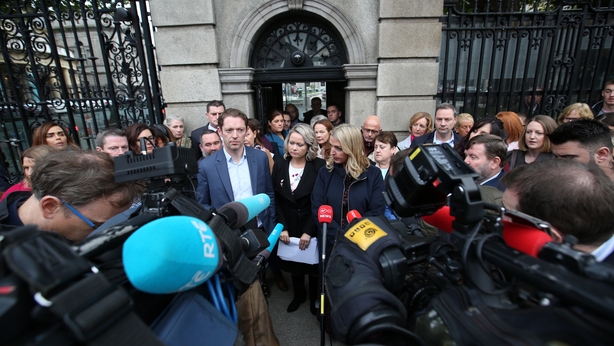
These were painful words for the women and families affected and also for those who have been working hard to keep the service going, sometimes in the face of verbal abuse and threats.
Mid year also saw publication of the second report by Dr Gabriel Scally. He expressed shock at his discovery that the number of laboratories involved in CervicalCheck work was 16 not 6 and that a laboratory in Greater Manchester in the UK was retrospectively accredited.
However, despite his concerns, he found that laboratories were meeting the acceptable standards in their country.
Certainly CervicalCheck has been one of the most difficult issues in health for decades. And also a very complex matter too.
There has been nothing really comparable to it since the blood infection crisis. But there is a lesson in history from the events around the blood service in the 80s and 90s which I covered too - it took a lot of time and work but confidence was rebuilt.
With CervicalCheck, the impact of recent events is still raw. The long-awaited review of over a thousand slides was published by the Royal College of Obstetricians and Gynaecologists in December.
It found missed opportunities to prevent or diagnose cancer earlier occurred in 15 per cent of cases. That review also faced criticism by campaigners Lorraine Walsh and Vicky Phelan and others as to its accuracy and so it has not brought closure.
The controversy, which first came to light in April 2018, looks set to continue into next year, with further court actions, a Tribunal of Compensation and also the positive development of the promised introduction of primary HPV testing.
Structural reforms of the HSE were also announced during the year and the service got a new head in Paul Reid.
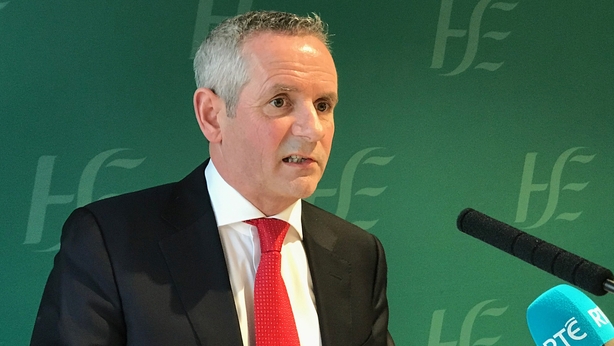
He has a different management style to some of his predecessors - certainly more low key and less combative.
Mr Reid says he likes to get out and talk to frontline staff, to hear the real problems. In his view, there should not be a controlling culture and staff should feel comfortable and able to talk to middle and senior management.
It's still too early in his tenure to make a judgment on his impact.
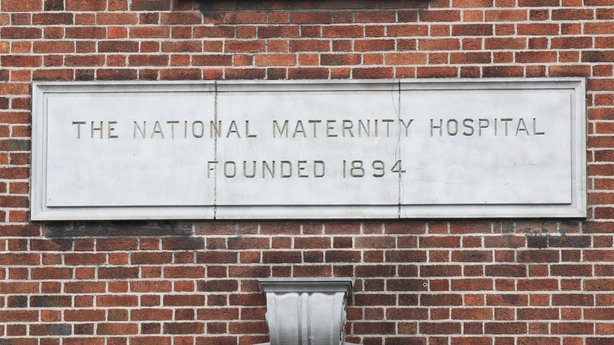
In 2019 RTÉ News reported on a most unusual and tragic case that emerged during the year involving the National Maternity Hospital (NMH).
An external review was promised into the circumstances of a termination of pregnancy in March at the hospital.
It followed a complaint made by a couple who had been informed that tests showed their baby had a fatal foetal abnormality - Trisomy18, also known as Edwards syndrome.
The termination of pregnancy occurred at over 15 weeks after three genetic tests were carried out, the third of which was sent abroad and the results came through after the termination.This test, a high level cell culture, found that the baby did not have Trisomy18.
As the year draws to a close, agreement has yet to be reached between the couple and the hospital over the nature of an independent review.
So a full insight into what happened in this distressing affair will not be clear until next year at the earliest.
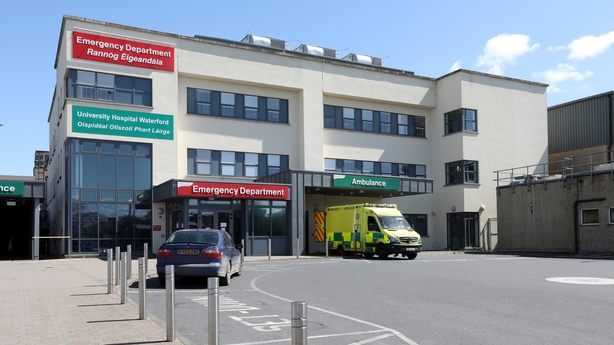
Perhaps the strangest and most gruesome story was what happened at the Waterford University Hospital mortuary - and the Government's reaction to the case.
A number of consultants reported that dead bodies had been left decomposing on trolleys in the mortuary because of conditions there.
Gardaí agreed not to send any more State cases to the mortuary, after concerns were raised about the facilities.
When the Taoiseach was asked initially about the issue, during a visit to Waterford, he said there wasn't any evidence to back up the claims and he described it as a "strange story".
Later he said he had got it wrong and corroborating statements had since come to light to support the views expressed by the consultants.
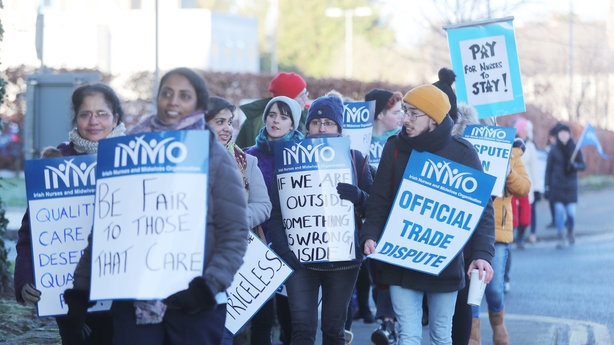
2019 also saw another national strike by nurses and midwives, which resulted in the postponement of operations and clinics for patients.
There were three days of action over pay and conditions with a settlement reached at an estimated cost of €10-15 million this year.
While unrest among nurses may have calmed somewhat, the same can not be said for doctors who are raising pressure on the Government.
Consultants and Non Consultant Hospital Doctors who are members of the Irish Medical Organisation have voted for industrial action next year, over pay disparity for newly appointed consultants and manpower issues.
While NCHDs have gone on strike before, consultants have not so that would be a first, if it actually occurs.
Brexit raised concerns for the health service but authorities insisted that there were no immediate risks regarding access to medicines and medical devices.
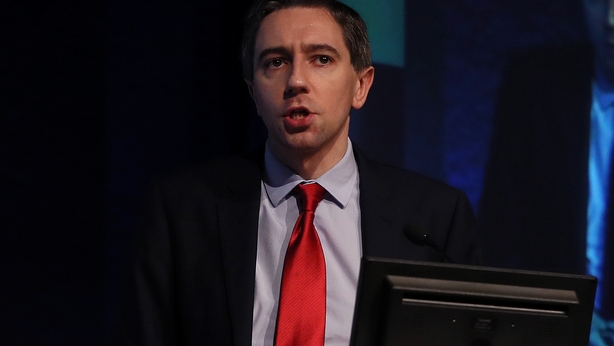
For Minister for Health, Simon Harris it was a year of significant challenge but some wins.
He saw the termination of pregnancy legislation come into force at the start of the year, despite warnings from some doctors that the service was ill-prepared. He also secured a €200 million four-year GP deal with the Irish Medical Organisation.
In February, Minister Harris also survived a Sinn Féin motion of no confidence by five votes. But he managed to secure extra health spending with a budget next year of over €17.4 billion in day to day funding.
The nature of the health service is that it has a huge appetite for funding. Matching expectations with reality is a constant pressure point. 2020 will likely be no different for health and there is always the unexpected just lurking around the corner.


